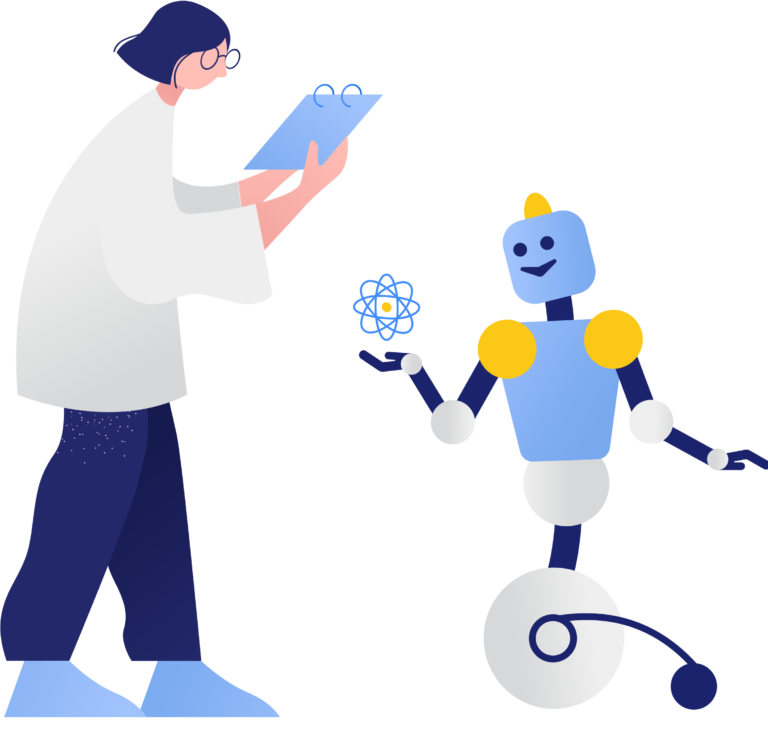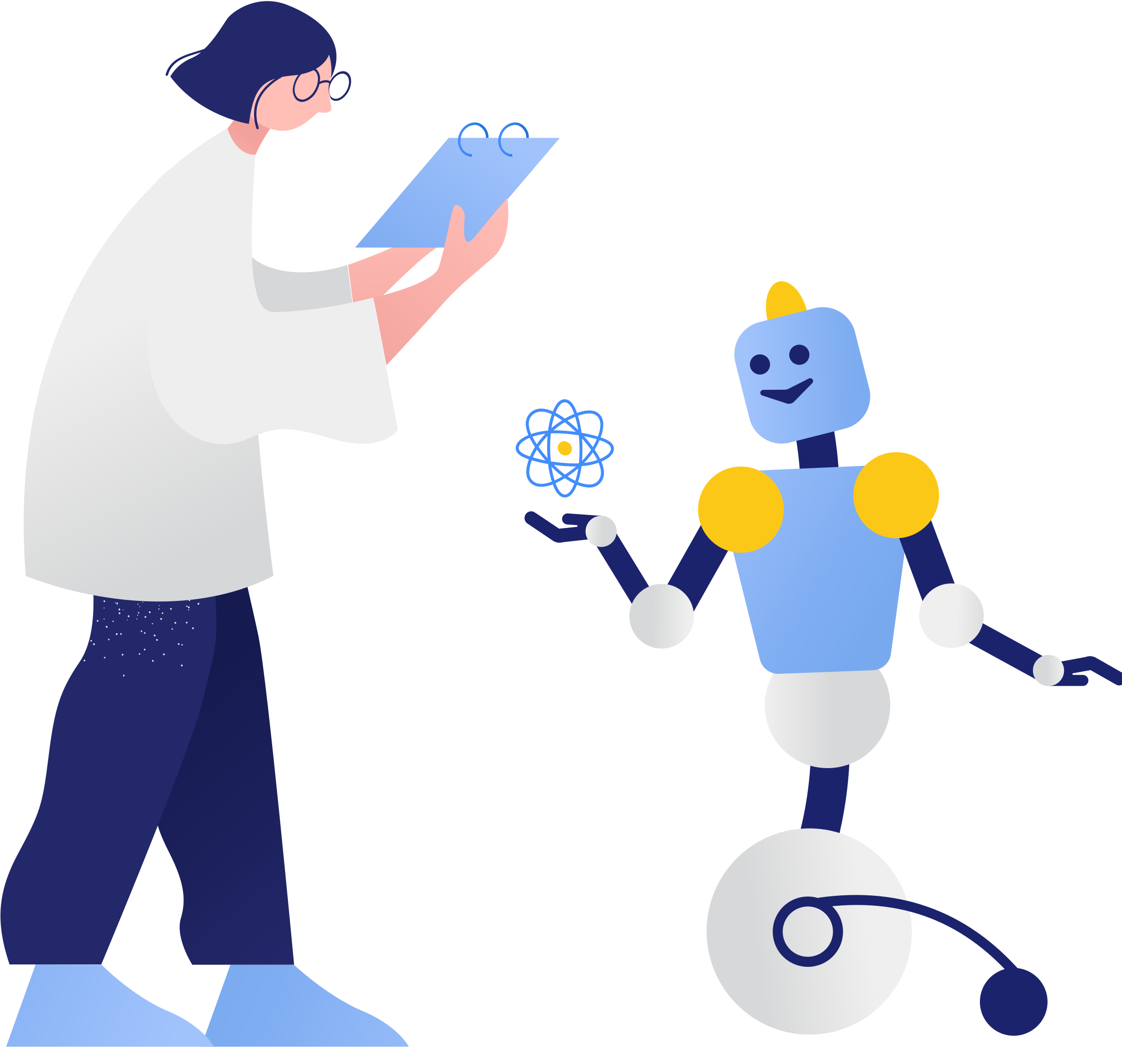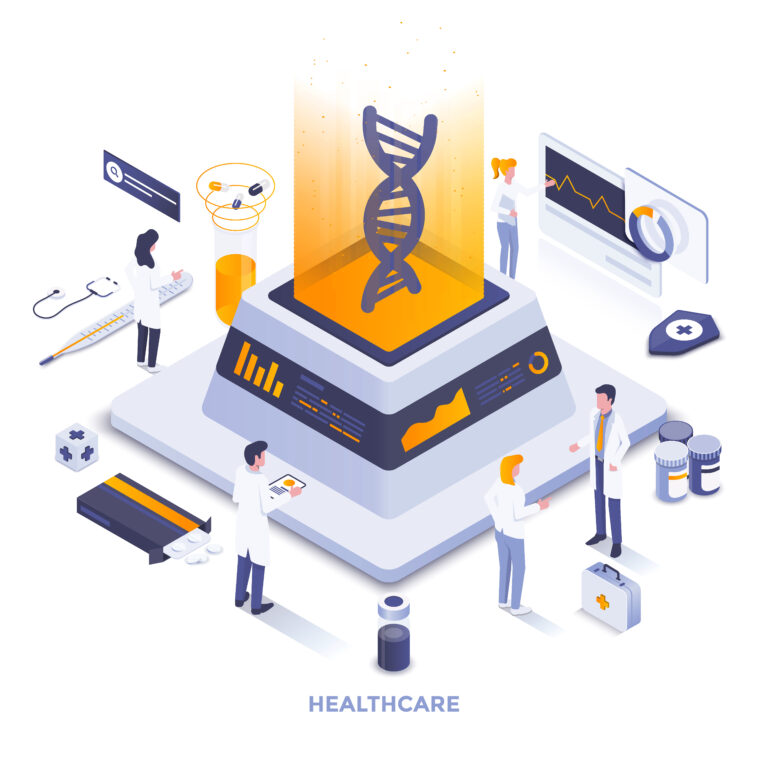Using AI to optimize medical coding and billing for mental health
Using AI to optimize medical coding and billing for mental health

Mental health facilities have a unique set of circumstances when it comes to billing and coding for services. They must juggle many different diagnoses, treatments, and care plans. This can often lead to inaccurate or incomplete documentation – which in turn affects reimbursement. But what if there was a way to optimize mental health billing and coding using artificial intelligence (AI)? AI has the potential to help streamline the process by automating some of the tasks associated with medical coding and billing. In this blog post, we’ll explore how AI can be used to improve accuracy and efficiency in mental health billing and coding. We’ll also discuss some of the challenges that need to be overcome before AI can be widely adopted in this domain.
The need for accuracy and efficiency
Medical coding and billing are an important part of the delivery of quality healthcare services in mental health facilities. As medical codes are used as the primary source of reimbursement for organizations and providers, it is essential that they be identified accurately. Similarly, the billing process needs to be conducted efficiently to ensure timely payments and a smooth financial cycle. To help support this, specialized training in medical coding and billing is highly beneficial. Furthermore, the right software tools, along with dedicated staff members who can verify correct coding and address any discrepancies, are crucial components in providing accurate information when seeking reimbursements from insurance companies. Therefore, having experts with appropriate skillsets and knowledge reduces administrative costs for healthcare providers while increasing overall efficiency.
Why mental health billing is complicated?
With varying needs and treatments, it can be difficult for providers to offer the same care across all mental health cases. Insurance companies have tried to simplify billing by instituting standards on length of treatment, the number of sessions allowed, and limits in coverage – but this has proved ineffective in making payment easier.
Many health insurance plan demand pre-authorization, a roadblock preventing timely access to mental health care. This tedious procedure can pose an unnecessary disadvantage for those seeking vital treatment and support.
Mental Health Billing Must Dos
On-Time Filing of Claims: Submitting claims to insurance carriers on time is essential to get paid for services rendered. While meeting submission requirements varies by patient or client, consider setting a billing schedule in your practice as an effective way of ensuring that all claims are handled before their due dates. This will help you avoid costly denials and ensure timely payments from insurers.
Identifying Errors: Nothing can be more disheartening than having your insurance claims denied. But if you take a closer look at why the claim was rejected, it may not just inform how to fix and resubmit accurately – there could actually be valuable lessons learned as well! Examining past denials often reveals opportunities for improvement in billing processes that would help prevent future rejections. And remember: stay within the reset windows provided by insurers when fixing issues related to unresolved claims.
Patient Insurance Verification: By taking an extra moment to double-check each patient’s insurance, providers can stay on top of the ever-changing healthcare landscape. Keeping up with authorization requirements and changes in coverage helps ensure accurate billing for counseling services – leading to more efficient practices and clinics overall.
How AI can be used to optimize medical coding and billing processes
- AI is being widely used to provide more accurate and efficient mental health assessments, as well as diagnosis and treatment plans. Research suggests that AI-based applications can reduce diagnostic errors and increase the accuracy of psychiatric assessments.
- Artificial Intelligence (AI) has revolutionized many industries as it can help streamline complex processes. In the medical field, AI is being utilized to improve coding and billing processes due to its advanced computing capabilities.
- AI enables medical practitioners to automate their clinical documentation workflows by quickly extracting meaningful information from various medical records and then accurately translating this information into a diagnosis code. By automating this process, AI lets healthcare providers optimize their time spent manually coding and billing, giving them added flexibility and accuracy in all of their financial dealings.
- With AI’s ability to quickly process large amounts of data, it can rapidly provide detailed insights that would otherwise take countless hours for humans to analyze or interpret. This allows doctors and clinics to make more informed decisions about the cost-effectiveness of different treatment plans for patients, leading to improved patient outcomes.
AI-driven solutions are designed to provide an efficient, accurate, and audit-proof platform that not only improves productivity but also enhances the quality of patient data collection. Several case studies demonstrate that AI-based medical coding and billing can accelerate financial performance, improve workflow accuracy and reduce compliance errors.
In a recent study conducted in a small mental health center, AI-based coding resulted in significant improvements in both the accuracy and speed of coding operations. The implementation of this AI-based system enabled the facility to speed up operations by more than 25%, resulting in increased revenue as well as improved patient outcomes. This shows the tremendous potential of AI for streamlining medical coding and billing processes for mental health facilities.
How to get started with using AI to improve medical coding and billing in mental health facilities
To get started, it is recommended to
- Evaluate the accuracy and quality of coding tasks that are currently done manually, such as diagnosis and problem lists.
- Afterward, look into tools and technologies that AI can provide to streamline and automate the process to improve efficiency.
- Additionally, consider specifically targeting areas of manual coding that have been shown to have significant inaccuracies and discrepancies in order to quickly benefit from AI assistance.
- Lastly, begin implementing training programs for patient staff to equip them with knowledge related to using AI-driven systems for medical coding and billing. With proper implementation of these steps, mental health centers can get their business operations running smoothly with the help of AI technology.
How CloudAstra’s AI Solution can help your Billing Practice?
Mental health care is a delicate and important field of expertise, yet keeping track of billing can be difficult. CloudAstra is the perfect healthcare partner for behavioral health professionals, providing an intuitive AI solution that simplifies complexity and promotes accuracy in mental health billing. With our customizable templates, patient portals, coding tools and more you’ll have peace-of-mind knowing your documentation will remain accurate no matter how many patients come through your door each day – whether it’s at an outpatient or inpatient facility!
If you’re interested in learning more about how AI can be used in healthcare, contact us today. We would be happy to share some case studies with you and answer any questions you may have.
Let us take on some of the worries so that you can focus on providing quality compassionate care to those who need it most.
Talk to us for more information and to see a demo. https://cloudastra.ai/contact-us/






